More interesting was the question (and Carlsen's answer) about staying motivated: “I feel that in such a tournament there are still many things that I can improve on, even though the score was good. Maybe another time, if my opponents had punished my mistakes, the score could have been different.
“For me I feel that it's motivating enough, it's enough of a challenge to play against the best in the world, that I really don't need to look too much at the games of the younger ones. I can deal with that problem when it arises.
“I'm still learning all the time. The difficult part is to be able to use what you've learnt in your games. That's something that I, and also others, don't find easy. You always know more than you're able to show in the games.
“I feel that I'm learning. I'm improving and I feel that is motivation enough to keep going.”
GM Viswanathan Anand drew his black game with GM Fabiano Caruana to remain undefeated as well. The Indian GM came second in the standings, and is now also second in the live ratings. In a very long game GM Anish Giri came very close to beating GM Vladimir Kramnik.
GM Wesley So started strongly in Shamkir: he was leading after four rounds. After that there were some setbacks but eventually his plus one score, in this group, playing the tournament right after the U.S. Championship, was just fine.
After finishing his tournament, So said: “It hasn't really gone that well. I did better than some other players but generally I made a lot of mistakes and there is a lot of things to improve upon.
“I would to congratulate Magnus for simply dominating. Whenever he's around it feels like the tournament is just about second place. I would also like to congratulate Vishy. As the oldest participant he played extremely well without losses. Maybe I could learn a thing or two from him.”
See the full article.
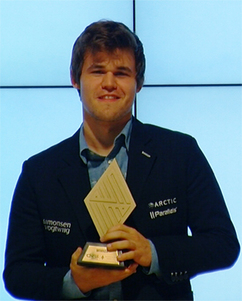
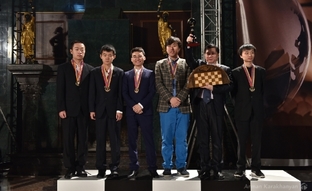
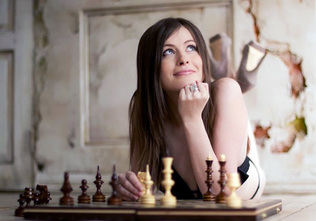
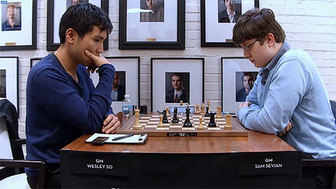
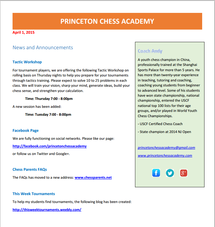


 RSS Feed
RSS Feed